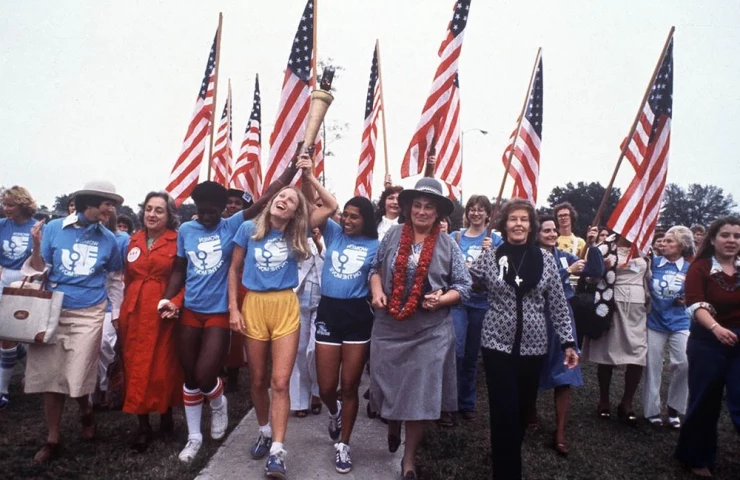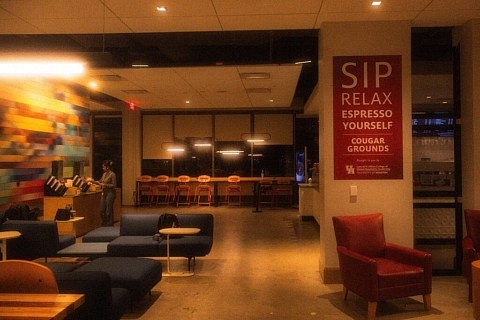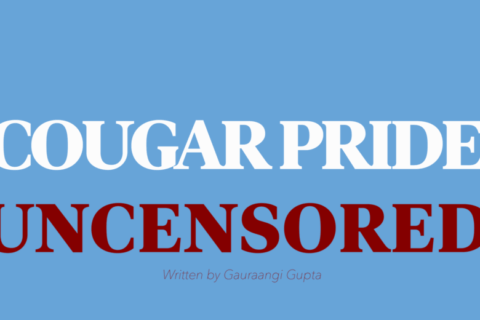Nearly 50 years after the original 1977 Women’s Conference, another convention by and for women (and those affected by misogyny and sexism) is being held in the same city where its historic predecessor held its gathering, from August 12th-14th at the George R. Brown Convention Center.
Abortion had become legal nationwide four years before the first National Women’s Conference with the historic case, Roe v. Wade. Today, we are feeling the aftermath of a world where that same case was overturned by the Supreme Court claiming that “Roe was egregiously wrong from the start” according to the drafted majority opinion by Justice Samuel Alito. This opinion, held by the majority of the Supreme Court, is highly disagreed upon by many people and is argued that it brings the United States backward. This is a topic of extreme relevance at the upcoming Women’s Convention.
An important critique from the original conference in 1977 was that most of the women in charge were white, so their goals were inherently reminiscent of white feminism. White feminism, for those who may be unaware, is feminism that is by and for able-bodied, upper middle class, heterosexual white women exclusively, and ignores the discrimination, disenfranchisement and injustices that other intersectional identities face. On the 2022 Women’s Convention website, they feature photos of many people of color who are actively participating in discussion, and their vision includes immigration, race, LGBTQ+ and worker’s rights. They also focus on reproductive rights, climate change, and “Women + Violence,” which includes self-defense and ending gun violence. This collective spans a wide variety of issues, and there will be speeches and panels that cover even more topics.
The 1977 predecessor had a variety of planks (topics of discussion), ranging from credit opportunity to gay rights and reproductive health to education reform. They also had caucuses to address the specific issues that minority (Black, Chicana, lesbian) women faced.
UH is currently working on a project to archive the stories of those who were in attendance at the original 1977 Conference, with first-hand accounts and interactive maps that show notable locations in the Houston area. Interviews were collected from students in a research course given by the College of Liberal Arts and Social Sciences. It is always being updated, and can be explored here!
Similar to the previous gathering of politically empowered individuals, this upcoming conference is not free of faults. A major downside to it is the cost of admission to the historic event is a whopping $325 per person. Yes you read that correctly. For youth, students and seniors, it has graciously been reduced to $150 per person, though I don’t know many students who would be willing to drop such a pretty penny on something like this, no matter how historic. The price point is incredibly inaccessible to so many, including those who would benefit from learning about the topics at this conference the most. Classism and the unequal treatment of individuals of lower classes, have no place in a conference that is to empower, uplift, and educate. Though I was unable to find much information on the cost of the previous convention, if cost is something that creates a barrier for many groups to attend, it would be a good idea to lower the cost. Otherwise, the only individuals you would have in attendance are those above a certain tax bracket, people who have over $300 to spare.
Despite the bad, there is still much of value to be discussed. The empowerment of women and others affected by misogyny in our society is quite important, especially in light of the recent overturning of Roe v. Wade. Living in Texas, we have some of the most restrictive access to abortion and reproductive healthcare, which is a topic that Gloria Steinem, Betty Friedan, Bella Abzug and many other feminists of the second-wave movement were fighting for nearly half a decade ago. Conventions like these are an important reminder to us that we, as Americans, have a duty to keep fighting. It celebrates diversity among people affected by sexism, and promotes a sense of unity, respect and mutual support. It also reminds us that sexism and misogyny are never an issue that only affects one group, it is vastly intersectional. The history of sexism and misogyny is deeply intertwined with racism, ableism, homophobia, transphobia and other harmful biases against minority individuals. Conventions similar to the upcoming Women’s Convention will further close the gaps that exist, and help create a better tomorrow that we all wish to leave to our offspring.





Recent Comments